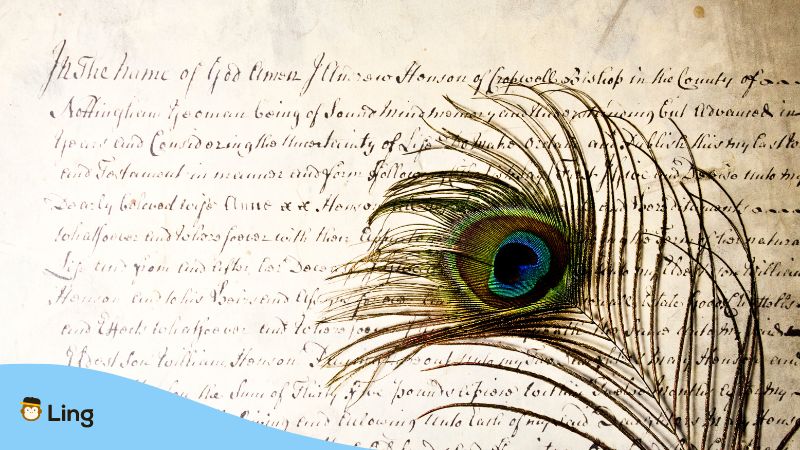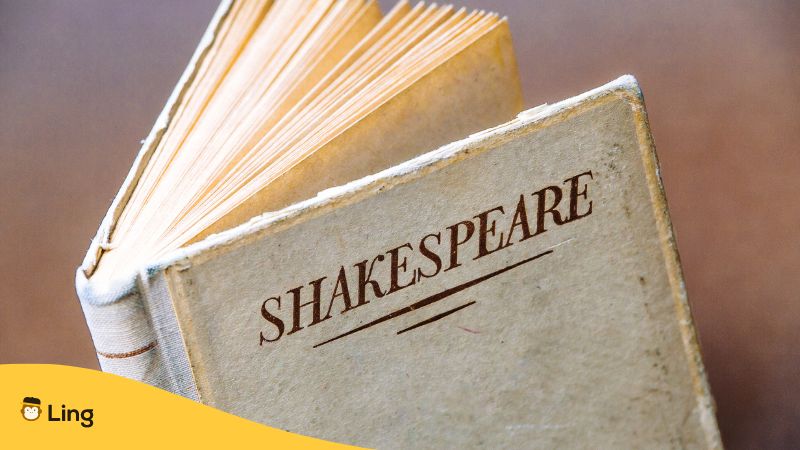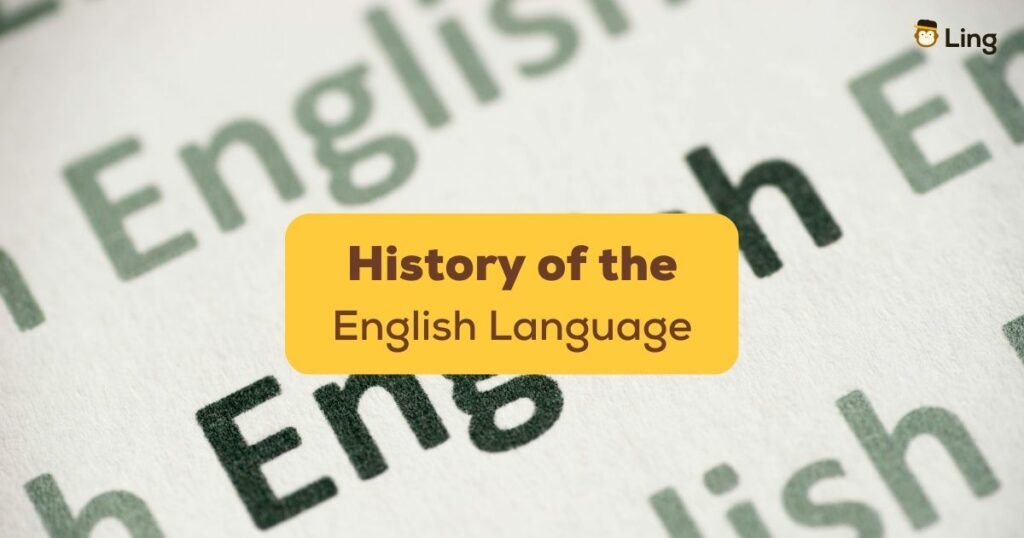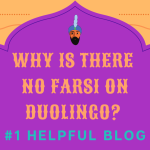Do you find yourself intrigued by the history of the English language? Ever wondered how this intricate system of communication came to be? Well, you’re in the right place!
Our journey will take us through time and history. We’ll explore the fascinating evolution of the English language from its humble beginnings to its current global prominence. Get ready to dive into a world filled with historic battles, glorious monarchs, and cultural exchanges. This isn’t just a history lesson ‒ it’s a thrilling adventure! So grab a comfy seat, and let’s embark on our linguistic journey together!
Roots Of The English Language
Who doesn’t love a good origin story, right? Let’s dive into the time machine and journey back to 5th-century Britain to get a glimpse of how it all began for the English language!
Once upon a time in the 5th century, three Germanic tribes set sail from the North Sea to conquer new lands. They landed in Britain, where the locals spoke different dialects of the Celtic language. But these invaders who brought their Germanic language were about to shake things up.
Sure, they also brought some chaos and conquest when they moved in (could you expect any less from historical invaders?). But they also introduced the early versions of what would later become the English language!
Introducing Old English: The Humble Beginnings
Old English evolved as these tribes mixed it up with a bit of Latin and a dash of Norse, giving birth to a whole new linguistic era. Between the 5th and 11th centuries, Old English was one of the most widely spoken languages in Britain, even though it sounds nothing like the English we’re buddies with now.
Got all that? Great! Turns out our linguistic journey is just warming up. As we move forward through the centuries, you’ll see just how much English evolved and adapted, with new words, rules, and even influences from travelers and invaders.

Evolution Of Old English
Picture this, folks: you’re binge-watching your favorite show, and then, a new season drops, with even more unexpected twists and turns. That, my friends, is what English went through in its early days!
The history of Old English can be divided into a 3-stage thriller:
Prehistoric (5th To 7th Century)
This mysterious phase is like trying to read a book with invisible ink—hard to get a grip on! Very little is documented about this era, except for some enigmatic Anglo-Saxon runes.
Early Old English (7th To 10th Century)
At this stage, the plot thickens. Early Old English featured talented wordsmiths such as Cynewulf and Aldhelm, who penned some of the earliest records of the language. Literary gold!
Late Old English (10th To 11th Century)
The climactic finale: the Norman invasion puts an end to the Late Old English chapter and sets the stage for Early Middle English to make a grand entrance.
The Lasting Legacy
While around 85% of Old English may have bid adieu, it still lingers on the edge of contemporary English. Some linguistic fossils from the past endure—serving as reminders of our lingo’s fascinating beginnings.
The Normans And The Evolution Of The Early Middle English Period
The Normans were descendants of Vikings who settled in Northern France. They brought with them a version of Old French. This had quite an impact on the English language, not just in vocabulary but in syntax too. Syntax is the way we arrange words and phrases to form well-structured sentences. You might be surprised to learn that English grammar owes a lot to this Norman influence!
As the British government and upper class adopted more of the Anglo-Norman way of speaking, England became a linguistic melting pot. The use of Norman and French words persisted until the 14th century. This is when British English began to gain prominence once more. It’s during this lively period that we saw the loss of case endings. These are essentially the little grammatical bits at the ends of words. Losing them made the language more streamlined. It also gave birth to features that are now uniquely English.
English Hits Puberty: Early Modern English
So, after the Middle English phase, English went through its teenage years – we like to call this the ‘Early Modern English’ era. This was a fascinating moment, happening from the 15th to the mid-17th Century.
First off, English went through a kind of Renaissance. In the world of words, William Caxton brought the party to town with his innovative printing press. So, no more hand-writing every single book. Caxton’s nifty new device allowed English texts to be mass-produced for the first time, leading to more standard spelling and grammar rules.
The Advent Of Shakespeare
The end of the 16th century also ushers in the era of the Bard — William Shakespeare. He shakes up the English language, adopting and incorporating words from other languages. He enriched English immensely and left an indelible mark on English literature.

Welcome To The New World
As explorers started to set up camp in The New World, a new variation of English was born. In Jamestown, Virginia, our linguistic ancestors made some new pals, adopting indigenous words and phrases. Thus, the dawn of American English had begun.
But do you think English stopped changing after that? Nope. Nada. Not by a long shot.
The Birth Of Modern English
Fast-forward through the British Empire, the Industrial Revolution, and the rise of modern technology, and voilà! We’re in the Late Modern English era – the one we’re all chatting, texting, and probably dreaming in now.
From medieval manuscripts to Twitter threads, emojis to Oxford Comma debates, our language has been on an epic journey. And who knows where it’s heading next? Maybe we’ll coin the next trendy term!
Hang tight; the history of the English language is still being written every single day by unlikely authors like you and me. So, let’s keep exploring, keep learning, and, most importantly, keep communicating!
Ending Our Journey Through The History Of The English Language
And, there we have it – a turbulent, fascinating journey through the history of the English language! From legends to conquerors, from grammar tweaks to the printing press, we’ve seen how English morphed and evolved into the lingua franca we’re chatting in today.
One thing’s for sure: English is not just a language. It’s a melting pot of cultures, a canvas of our shared history, and a testament to humanity’s ability to adapt. If anything, studying English teaches us more than just grammar. It gives us a glimpse of our collective past and how we’ve communicated throughout the centuries.

Let’s Keep The Conversation Going With Ling
Wow, we’ve come a long way, haven’t we? But guess what? The journey doesn’t have to end here.
To keep the romance alive with English, check out the Ling app. We make learning English not just easy but super fun. With us, you’ll deepen your understanding, improve your vocabulary and find joy in every word you speak.
Ready to further your English language journey? Hop on board, and let’s continue learning English with the Ling App.
Download the app on the App Store and Play Store today!































































